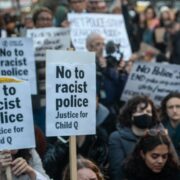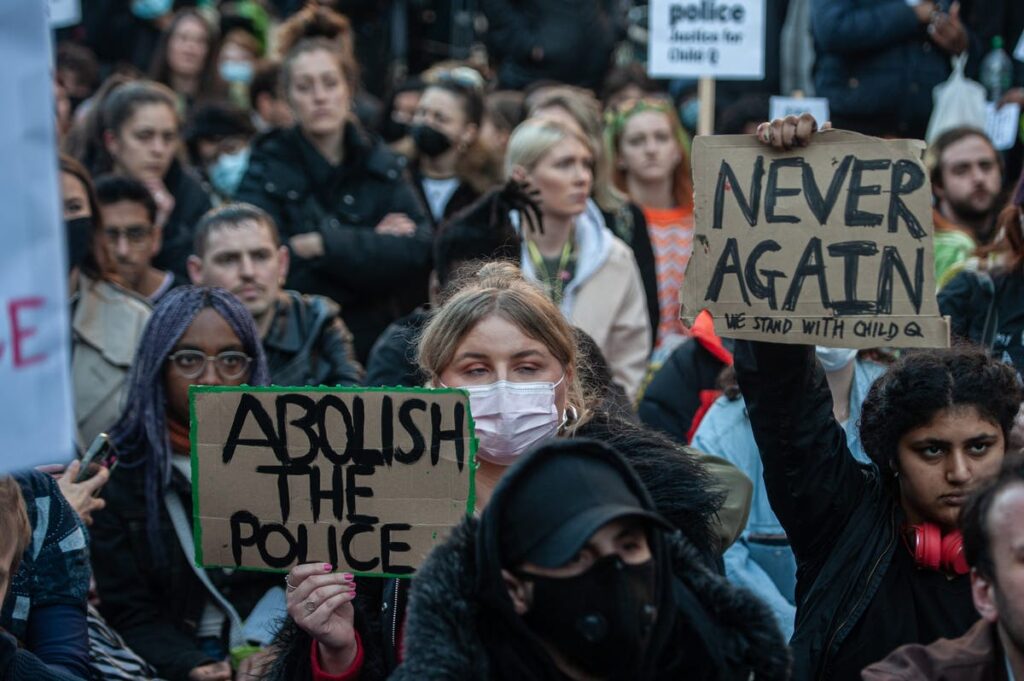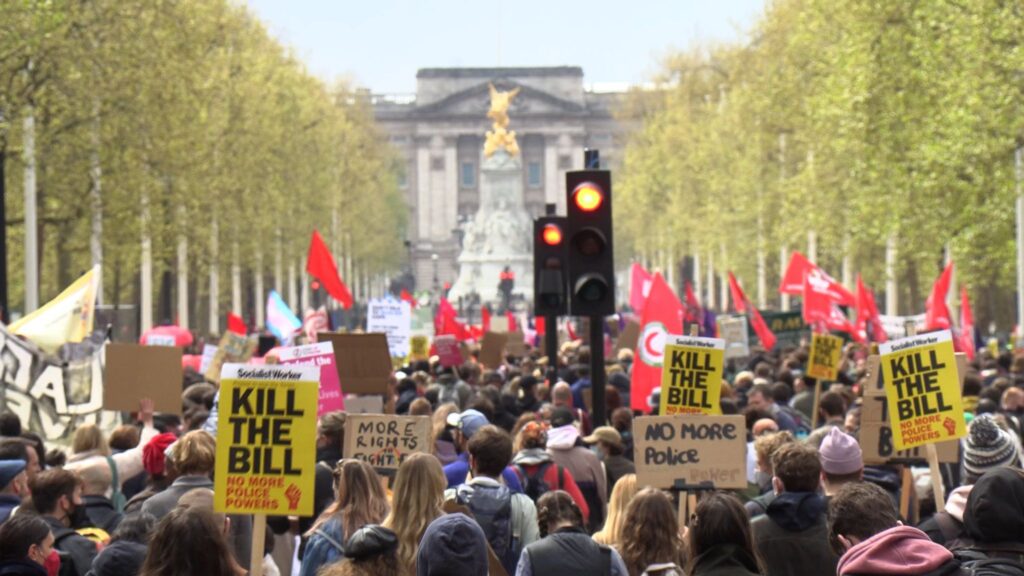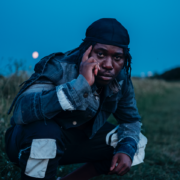Who protects who? On the future of policing in the UK

The safety of Black women and girls is constantly being drawn into question. Following the “Child Q” case, what does the future of policing look like in the UK and who really protects Black women?
Every week, people take to the street to exercise their right to protest. In recent weeks, we have seen people congregate in droves to protest the ongoing violence in Ukraine, the relentless incompetence of those in Parliament and recently, the “Child Q” case. There has always been a reason to protest in this country, but it seems as if young people, especially, are mobilising and exercising this right now more than ever.
In these same few weeks, one bill, designed to increase police power to quell peaceful protest and criminalise “serious annoyance”, was passed from the House of Commons to the House of Lords for further consideration. The House of Lords voted against the “anti-democratic” elements of the bill, which encroach on the right to protest. Despite the House of Commons begrudgingly bending to the demands of the ”Kill the Bill” protesters and the House of Lords, the implementation of the policy remains in the air. This leaves us to fear where we stand with regards to policing power and the democratic right to protest in the country.

The UK government’s policy surrounding the police continues to grow in its authoritarian nature. Following the murder of Mark Duggan in 2011, continued police and state violence has been glaring. The media and the Police were quick to label crowds of protesters as gang members and thugs, further reproducing the narrative that Duggan was somehow deserving of his unlawful murder. Anger felt within a community victim of persistent state violence was publicly vilified and demonised.
This is a feeling of rage that is all too familiar. Anger because of the helplessness of young Black girls like Child Q. Anger because of the constant surveillance and silencing of Black voices. Anger because of the complacency of those who are supposed to represent us. Anger because those appointed to “protect” us never had our safety in mind.

Reform of the Met Police cannot address the underlying culture of police violence and systemic racism which pervades the system. Calls to reform policing have long failed to address these issues, which exist at the heart of what these organisations set out to do. The history of criminalisation of Black people and Black bodies is one that is inherent to what the Metropolitan Police stand for.
There is much work that needs to be done to address these core issues and ensure that no other child experiences the levels of violence that Child Q was forced to endure. Videos of Child Q’s classmates addressing their school body, recognising their strength as members of the “global majority”, as they walked out of lessons are a testament to the voice that exists within the younger generations.
Has there always been such heightened levels of political turmoil, or are we more attuned to this reality due to the constant news cycle and social media? Constantly consuming these forms of media can leave us unsure of where to direct such feelings of rage, grief and sorrow.
There is a collective feeling of disdain and resentment towards the British government which can be felt across communities. Young people especially are witnessing how their voices are being erased from narratives that will be paramount for their futures. But, the persistence of public protest and community action, is an act of continued resilience. They will not be silenced.
Check out the GUAP Arts & Culture section, to discover new art, film, and creative individuals.

